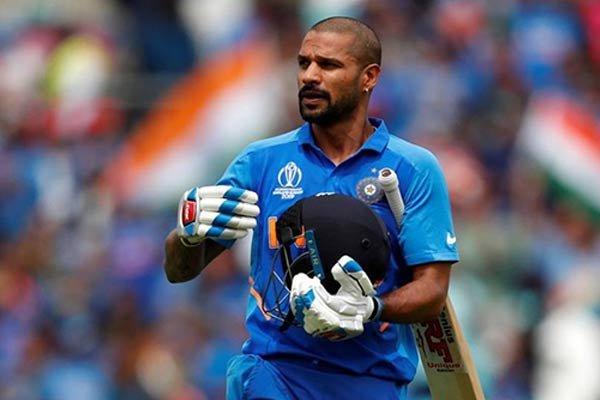Journalists from across India have taken to the streets to protest against the recent Delhi Police crackdown on NewsClick, a news portal. The journalists, along with prominent media groups, have also jointly written a letter to Chief Justice DY Chandrachud, urging the Supreme Court to take “cognisance and intervene” in the matter. The protests and the letter come in response to the arrest of NewsClick’s founder, Prabir Purkayastha, and its HR head, Amit Chakravarty, following raids at more than 50 locations. The case against them has been filed under the Unlawful Activities (Prevention) Act (UAPA), an anti-terror law.
In the joint letter, the media organizations and press clubs express their concerns about the state of journalism in India and the threats faced by journalists. They emphasize that many journalists in the country are currently working under the threat of reprisal. The letter also underscores the importance of the judiciary in upholding the principles of democracy and the constitution.
The letter outlines the events leading up to the arrests, including the raids on NewsClick’s offices and the seizure of digital devices and documents. It raises serious questions about the use of the UAPA in this case, describing it as “especially chilling.” The media groups argue that journalism cannot and should not be equated with terrorism.
One of the central points made in the letter is the impact of intimidation and legal action against the media on the democratic fabric of society. The letter suggests that subjecting journalists to a criminal process because the government disapproves of their coverage is an attempt to suppress the press through the threat of reprisal, which goes against the principles of press freedom.
The media organizations put forth several recommendations for the judiciary to consider. These recommendations include the framing of norms to discourage the arbitrary seizure of journalists’ phones and laptops, as well as guidelines for the interrogation of journalists. The goal is to protect the rights and freedoms of journalists and ensure that their work can continue without fear of reprisal or intimidation.
The joint letter and the protests by journalists highlight the growing concerns about press freedom in India. The use of anti-terror laws against journalists and media organizations has raised alarm bells among press associations and civil society groups. The role of the judiciary in safeguarding press freedom and upholding democratic values is seen as crucial in addressing these concerns.
The case against NewsClick and its employees is likely to be closely watched as it unfolds, with implications for the state of journalism and media freedom in India. Journalists and media organizations continue to advocate for the protection of their rights and the principles of a free and independent press.














